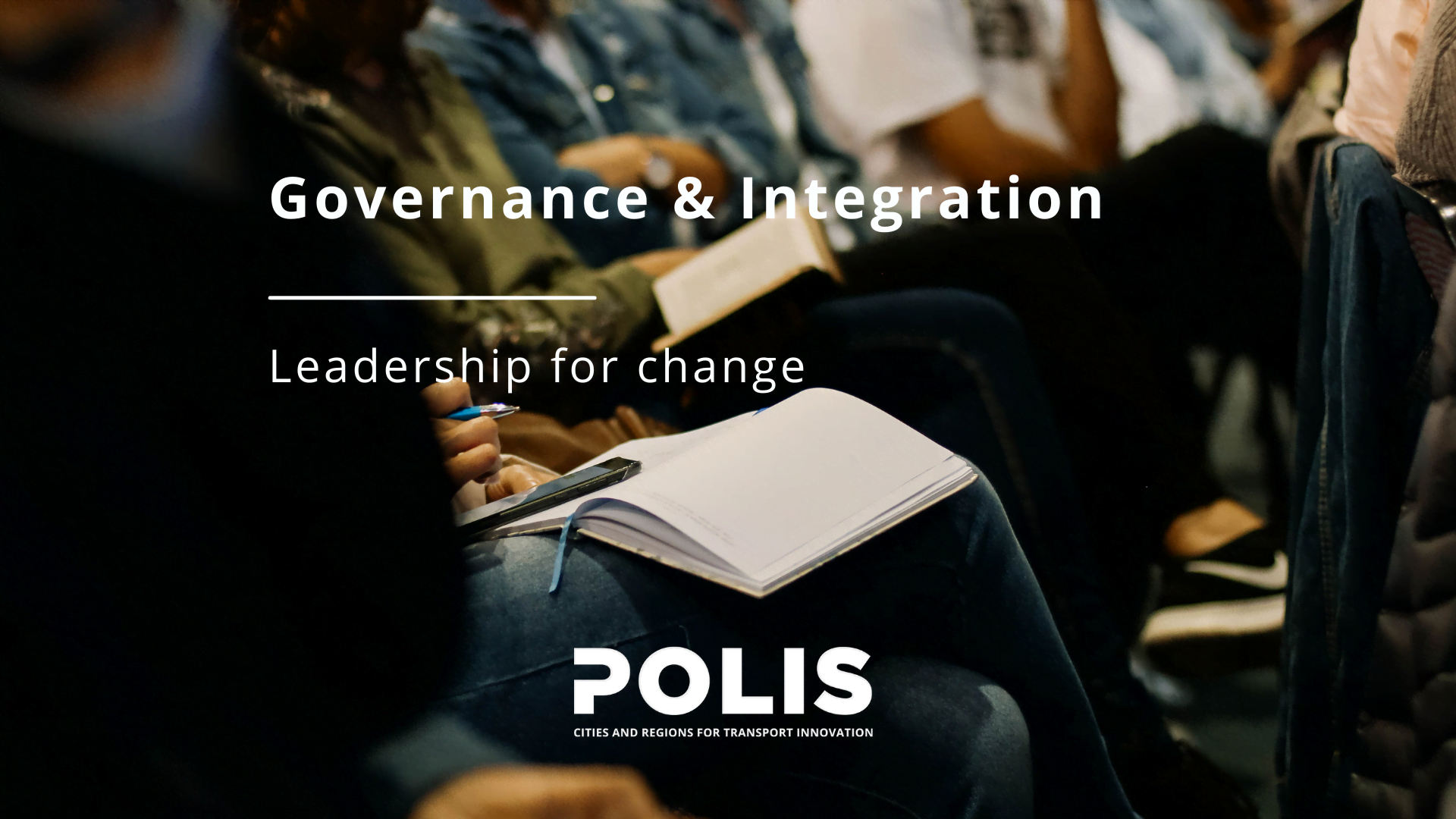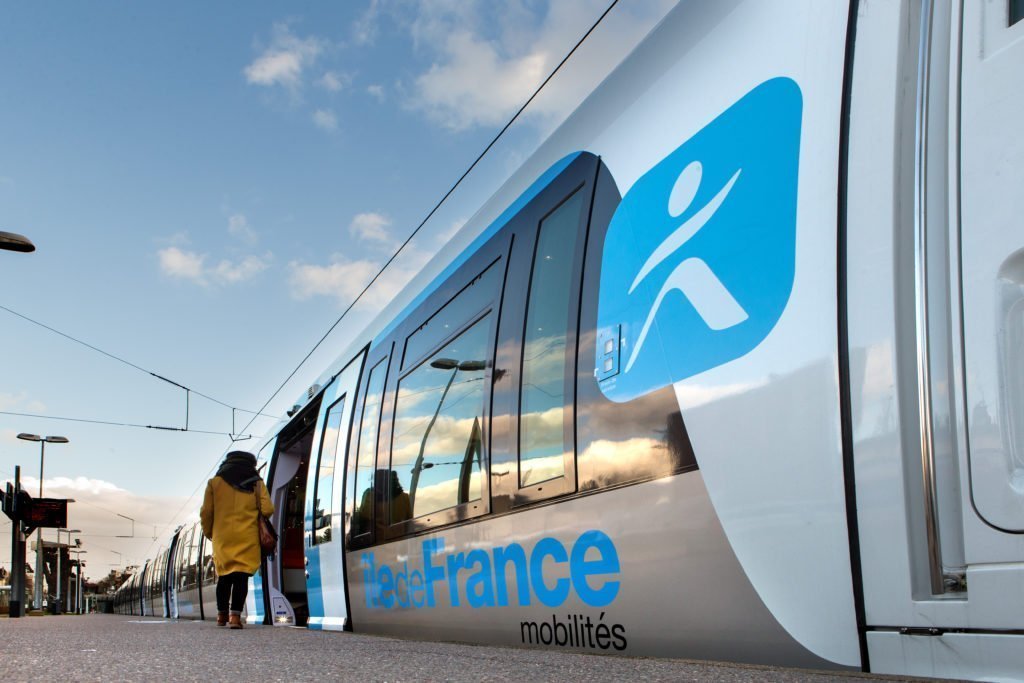Gender equality and leadership: Mobilising real change
Women make up only around 20% of the transport workforce in Europe, and an even lower proportion of its management. Closing this gap is a basic question of human rights, of course, but it’s also a crucial step in meeting urban mobility ambitions. This topic has attracted much attention over the last few years, but what does action really look like on the ground?
POLIS’ Governance and integration Working Group brought members together for an open and frank exploration. With a panel of experts from across the globe, the meeting became an opportunity to identify the core barriers to women’s entry and career progression, hearing from initiatives which are actively creating change.
“Our sector is traditionally regarded as a male sector, this is something which must be confronted,” said Francoise Guaspare, from Ile-de-France, and Chair of the POLIS Governance Working Group.
The meeting heard from:
- Sophie Mougard, Director of the elite École Nationale des Ponts et Chaussées - Paris Tech, and former Director General of Ile-De-France Mobilité
- Lina Mosshammer, co-founder of the network Women in Mobility for Austria
- Lena Gellerhed, HR Director for Transdev
- Julieta de Micheo from EMT Madrid
- Sandra Phillips, co-founder of MOVMI.
Gender equality: Why the industry needs to act… fast!
Accelerating the shift to sustainable mobility is a major challenge for cities, regions and transport authorities. Solutions do not grow on trees, they require diverse ways of thinking and working, in some cases completely overturning urban mobility systems. This means leveraging all our human resources.
At present this is not the case; marginalisation of female professionals across the sector is obstructing the innovative and smart solutions we desperately need. Women are not just being inhibited from entry – the numbers indicate exclusion from leadership positions, an issue rarely included in key discussions about change and innovation in the transport industry.
In fact, while POLIS’ panel was convening, over in Glasgow, world leaders and campaigners at COP26 were also calling for the elevation of female voices in the fight against climate change.
Yet, gender diversity is not just about quotas, but rather an entire shift in the transport sector’s culture, to enable organizations to attract, retain, and benefit from talent across the board, and to respond to the concrete needs and aspirations of real world users.
With research repeatedly revealing dominant culture of masculinity and gender stereotypes, and poor work-life balance which inhibits access to networking opportunities- there is much work to do.
Improving access to networking
Challenges accessing networking opportunities remains a significant barrier to employment and promotion. It is no secret that Industry or professional events are pivotal to career progression, yet too often networking (in the public and private sector) is structured in ways which excludes female professionals.
This is an issue the Women In Mobility network is confronting. The organisation which supports women in the transport sector, began in Germany, and has expanded across Europe. It is committed to improving the visibility of women in the mobility industry: in management positions and project management, as speakers at conferences or as experts in specialist media- and have partnered with events such as the IAA to create action across the sector.
Starting at the beginning : training and education
Many women employed in the transport sector are usually to be found in administrative roles, e.g., human resources and customer support. There’s nothing wrong about assuming those roles, but diversity is key – we must open up possibilities for assuming other roles as well, as drivers, transport planners, engineers, and more.
We have to encourage the future female professionals – but we can’t just do it when they’re in college, or in the later high-school years. We have to start much earlier, and encourage the interest and the confidence of younger girls with mathematics and the sciences.
Problems begin at the educational level, even before women get a foot on the career ladder. There is a critical lack of women entering engineering and technology- fields which are critical to the transport sector; a concern which many POLIS associate members from leading academic institutions across Europe have highlighted.
We are beginning to see action. POLIS member EMT Madrid- the city’s main transport operator- has established a Women's Chair for STEM Sustainability Mobility, charged with identifying barriers to women’s entry into the sector and develop training and vocational support for women.
Encouraging more women into STEM (science, technology, engineering and mathematics) subjects, creating and developing partnerships between academic institutions, the industry and public sector, to ensure opportunities are established and communicated effectively, and female talent is fostered. Indeed, it is only through such structural frameworks of action that systematic exclusion will be confronted. Time to come to the table?
Supporting female entrepreneurs
Action must extend beyond our local authorities and operators. As new mobility services emerge, tech, data and shared mobility start-ups are transforming the transport landscape, shaping the direction of transit. Working with many of these operators including Bolt, Voi and Uber, POLIS has explored the influence of shared mobility, and the important role it will continue to play in support a sustainable urban transport ecosystem.
Yet, like the rest of the sector, these too remain heavily male dominated; however, with many still in their infancy, they present an opportunity for redressing the current gender imbalance.
This is exactly what the EmpowerWISM program seeks to achieve. The aim of the program is to amplify the voices of the women working within the transportation industry and to promote and encourage female led mobility ventures.
The program has also sought to develop male allyship. By bringing in male judges onto the panel, it has helped support male managers identifying barriers and create changes in their own organisations.
As conversations between shared mobility, public authorities and operators continues, gender equality needs to be placed higher on the agenda.
More on gender equality from POLIS’ working groups
This meeting built on a range of work POLIS’ Governance and Integration, and Safety and Security working groups have been conducting to place gender equality at the forefront of sustainable urban mobility. For further information, please contact Pedro Homem de Gouveia or Isobel Duxfield.
POLIS’ commitment to gender equality:
Inclusion and diversity are issues which POLIS Network takes incredibly seriously. As the leading network of European cities and regions working together to develop innovative technologies and policies for local transport- this remit also includes pursuing inclusive mobility.
POLIS has made comprehensive commitments to ensuring gender parity at our Annual Conference. With only 22% of women working in transport in the European Union, the transport sector is far from gender-balanced. POLIS wants to play a role in making women in transport more visible and offering them a platform to share their work.
This year’s parallel sessions represent 60% male and 40% female speakers, a major improvement. For the session moderators we will appoint, we reverse this trend and have at least 60% women and maximum 40% men.



